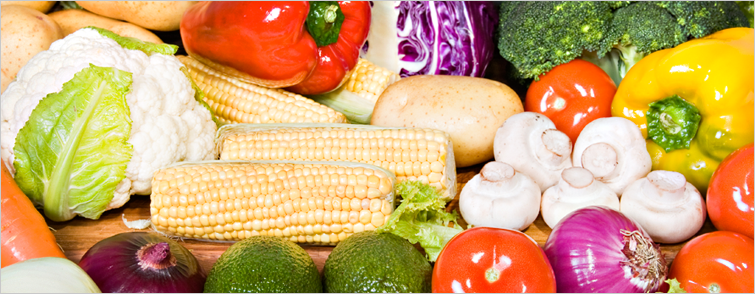232 Gongneung-ro, Nowon-gu, Seoul, 01811, korea
Tel :+82-2-970-6793
Fax : +82-2-970-6800
Copyright © Seoul National University of Science&Technology. All rights Reserved.

It is true that the agriculture, fisheries and livestock of Korea have relatively low competiveness in the international market. To overcome this problem and increase global competitiveness, new technologies will be applied in the processing, saving and distribution of agriculture, fisheries and livestock to significantly improve the value of food products and the efficiency of the entire process from production to consumption. Even though the research fields that are most urgently demanded in the FTA era increase the value and international competitiveness of our products, the importance of processing, saving, distribution technologies and quality control of agriculture, fisheries and livestock is not properly recognized by our society. Thus, it is crucial to acquire global competitiveness, accept the various requests of workers in the food industry and construct an academy-research-industry cooperation system to foster competent, creative technicians that hold theoretical and practical skills. Our master’s program is established in response to such requests.
Education and Research Area
The educational purpose is to foster talented individuals with expertise, creativity and leadership, which are important traits required in modern society, and to produce personnel equipped with various practical skills and a field adaptation ability through research and education based on academy-research-industry cooperation. By focusing research on high-value functional food products, organically produced food products and traditional fermented food products, we contribute to the development of the well-being industry, high-value/function food industry and traditional food industry.
Applications and Related Industrial Area
Many domestic and foreign cases show that companies lose competitiveness when they fail to respond to social changes and customer needs. Thus, it is crucial to establish timely management strategies based on the latest information. When considering social, technological characteristics and food components - food materials, food additives, food packaging – the future food industry is likely to place its focus on the development of resources and materials, the efficient use of carbon resources, healthy/beauty food, traditional fermented food, food additives, bioprocesses using enzymes and functional or degradable packaging. The development of professional technicians that can respond and make applications for the development trends of the global food industry will lead to growth in the fields of resource/materials, healthy/beauty food, traditional fermented food, food additives, high-value functional food, bioprocesses and functional packaging.
Feature of Department and Development Prospect
To foster talented individuals required in the national and regional society and to equip future leaders with specialized knowledge and character and global talents that become the center of practical science and applied studies, this department strives to enhance education, improve research ability, foster professional technicians, provide academy-industry education and strengthen cooperation between schools and companies. This has enabled the construction and development of various networks and the establishment of the Techno Park in northern Seoul and the Gyeonggi area to cope with industrialization and globalization trends. To this end, the strategy of the food engineering department is to establish a curriculum that can solve problems in an industrial site with an “education-on-demand” dimension. In addition, the unique characteristics of the department are further strengthened through modernization of traditional Korean food, development of functional food products, development and commercialization of high-value food materials based on academic-industry cooperation and creative research.